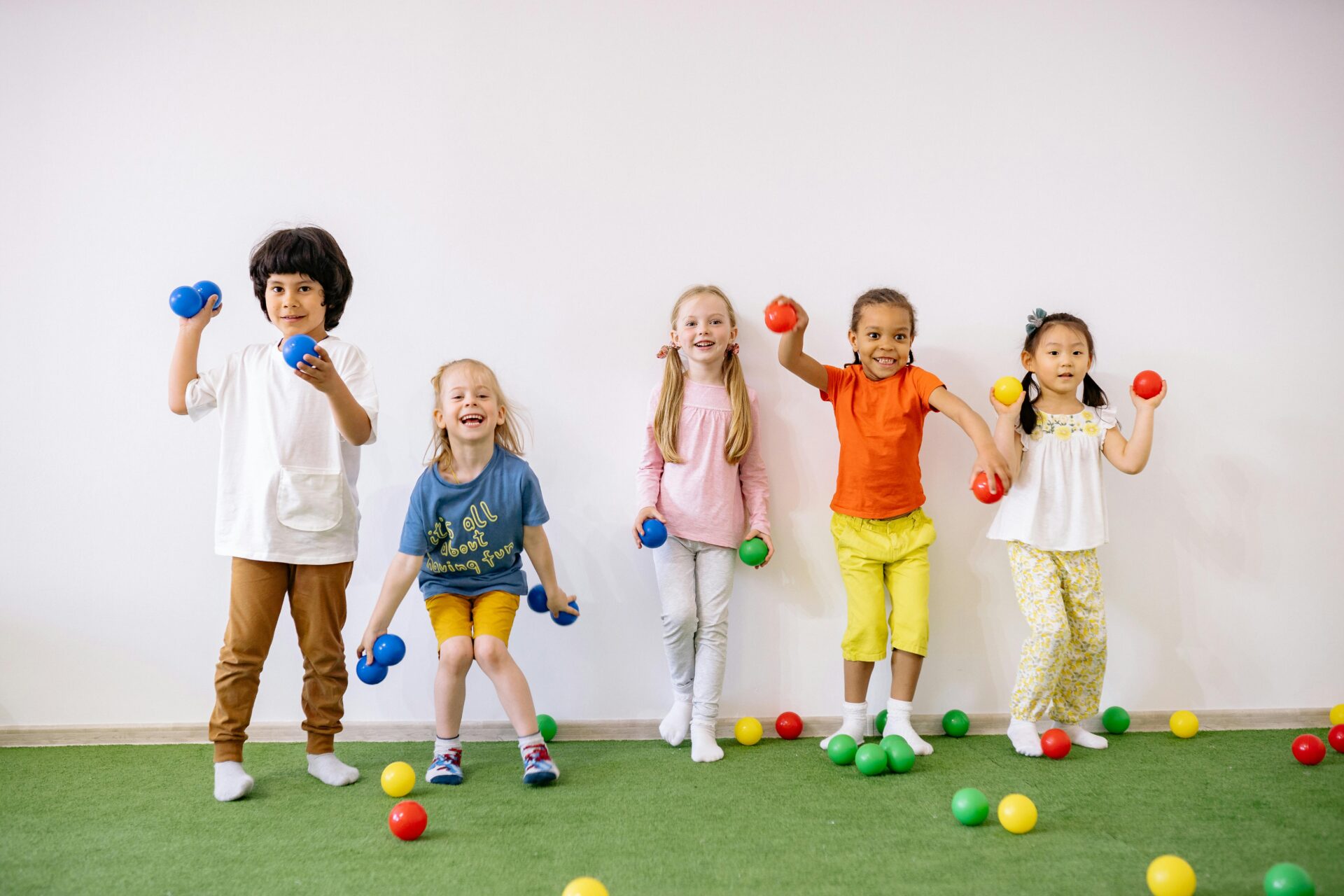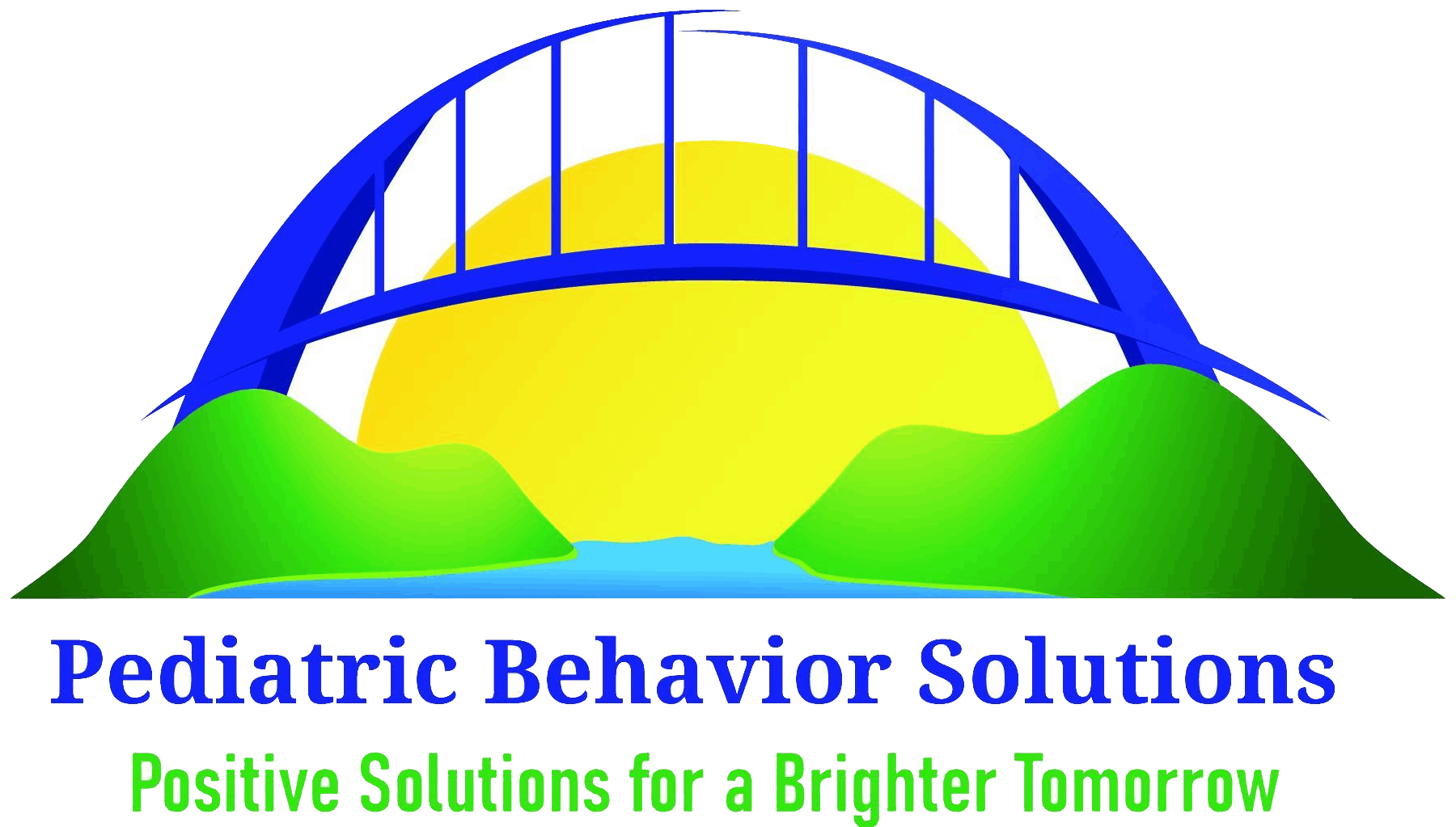5 Games & Activities for Children with Autism to Promote Social Skills

It is pure joy when you watch your child grow and connect with the world around them. But when your child has autism and connects with the world in different ways, it can be confusing or concerning.
Many parents wonder how to help their children develop social skills, a crucial part of everyday life. While teaching these skills can feel overwhelming, incorporating fun, intentional games and activities can make a real difference. ABA therapy games and autism games for social skills are tools that not only engage children but also teach them essential ways to interact, communicate, and collaborate.
Here are our five favorite autism games for social skills– that can be used as ABA therapy games or in everyday life– and how to play at home:
1. Structured Play
Structured play ABA games for kids are games that include clear rules and designed roles. These autism games for social skills can teach stuff like turn-taking, cooperation, and following instructions. Structured play lays the foundation for predictable social interactions, helping children feel safe while they learn new skills inside and outside custom ABA therapy.
2. Unstructured Play
Unstructured play, or free play, allows children to explore creativity, problem-solving, and social negotiation. These ABA therapy games can be a big part of behavior solutions for a child, and help with social skills development. Through unstructured activities you can introduce ABA behavior solutions to encourage interaction and communication without pressure.
3. Physical Play
Movement-based activities, such as obstacle courses or simple group exercises, encourage teamwork and social connection. Physical play, which is an important part of ABA therapy at home, can support emotional regulation while teaching children to recognize and respond to social cues.
4. Sensory Play
Just as it sounds, sensory ABA therapy games include sensory stimuli. These autism games for social skills include things like playing with sand, water, or textured materials to help children explore the world while practicing turn-taking and sharing. Sensory play can also be a calming tool that reduces stress and prepares children for more focused social engagement.
5. Role Play
Role play can be a big behavior solution for a child in ABA therapy at home, or other type of custom ABA therapy. Pretend scenarios give children the chance to practice social interactions in safe, guided ways. Whether acting out a store visit or a birthday party, role-play ABA games for kids help your child practice perspective, empathy, and effective communication.
Get Support From Professional ABA Therapists
Incorporating these ABA therapy games into daily routines can make social skills practice both enjoyable and effective. Whether at home, in custom ABA therapy sessions, or within a small group, autism games for social skills allow children to experiment, learn, and grow in a supportive environment.
Our professional ABA therapy at home provides guidance, encouragement, and customized strategies designed to help your child thrive socially and emotionally. By integrating these ABA games for kids, you can see real growth in your child’s confidence, communication, and connection with others. Contact us today to learn more about ABA games and getting your child started with ABA therapy at home!
